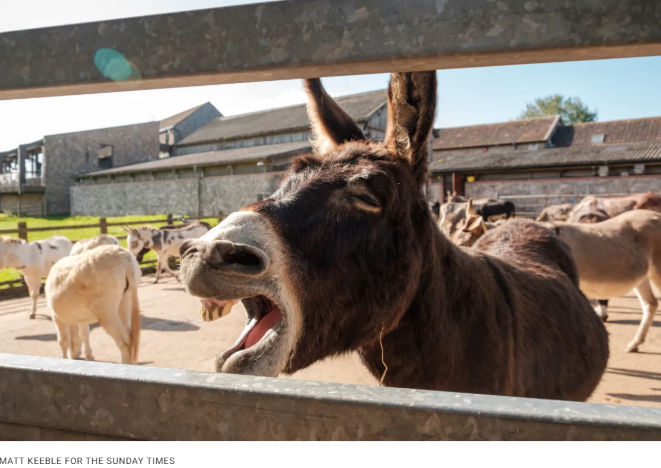When the global economic crash took place in 2008 I was working in a district council in England as their Revenue Services Manager, in that role I was responsible for all of the money that the council collected in through council tax, business rates, housing rents and other sundry debts.
Our senior board of directors became extremely perturbed when they discovered much of the reserves that our local authority held were invested in Icelandic banks - the ones that had just gone bust. In the short term the council lost millions and millions of pounds and was on the brink of having to declare itself bankrupt.
To cut a long story very short many of us in my tier of management were made redundant but before that we were asked to identify where savings could be made?
After looking at our budget sheets I informed the board that there was one particular way to save a significant amount of money. With appropriate notice we could stop an effectively blanket policy of giving charitable ratepayers discretionary business rates relief.
Let me explain.
At that time and possibly still now - I have been away from local taxation for a long time - if a charity occupied a rateable 'hereditament' they were entitled to mandatory 80% relief from the normal bill.
At the same time local councils could, if they chose, top up the remaining 20% relief but they would be responsible for meeting the amount that had to be paid into the national rating pool. Effectively, if awarded, local council taxpayers would be paying the charity's 20% discretionary element directly into central government coffers.
Most councils did not award blanket 20% top ups but in its days of largesse mine did. I suggested, perhaps, councillors may want to revise such a policy saving hundreds of thousands in the interim?
I didn't make the suggestion because I wanted to make life tougher for charities. I suggested that there could be a mechanism to award the top up for those charities that were struggling at the time of the crash (and could be revisited in the future when things got better), but I made the point that even at a time of economic crisis some charities were rolling in cash.
My observation wasn't one made up on the fly but one based on evidence because in order to claim the discretionary element we used to ask charities to submit their audited accounts.
From those accounts it was clear that some charities, most in fact, were only just managing to get by in order to meet their charitable objectives, whilst others sat on reserves of millions of pounds boosted by legacy donations. In my rural local authority area they were nearly all animal charities.
We had dog charities with millions in their accounts, cat rescues with reserves that would last for many years and donkey sanctuaries with enough funds to ensure their charges lived the life of Reilly.
The economics of it were very simple, we are a nation of animal lovers and many people leave their estates to animal charities when they die. It is absolutely their right to do so but my question was whether our local taxpayers should be subsidising these charity's business rates when they were more than able to meet a 20% contribution themselves?
Not having been a councillor at that time and not understanding the potential blowback from residents when the charities started their highly effective lobbying operation, no matter however right or sensible my suggestion was I was quickly told it wasn't an option, "we would have to find savings elsewhere".
We did, through massive service cuts and job losses including my own. 17 years later I'm extremely grateful that was the course events (although I wasn't at the time).
The reason I recount this story is that today's Sunday Times has published an article revealing that we give donkeys £40 million a year, and asking whether it is money well spent?
It reveals that The Donkey Sanctuary has 700 members of staff, an income of £60 million of which two thirds comes from legacies and operates a 200-seat restaurant at its Devon HQ sanctuary. If you want a plaque to go with your donation then it must be for a minimum of £900, and just under 20 percent of legacy income comes from gifts of more than £250,000.

The Donkey Sanctuary is clearly a charity but it is also a highly effective business too.
And, the Sunday Times reports, it's only the fifth largest animal charity for legacy income in Britain today.
I'm certainly not saying that animal charities should be penalised, they should not. But my question is whether they should be given preferential treatment too?
2025 is not - so far - a time of global economic crash, but our economy is in a bad way and taxes are increasing.
Is it time to ask in general whether charities should continue to receive the tax benefits they have always enjoyed (and instead award them more judiciously)?
Our heartfelt reaction will be to say 'of course not', we are after all a nation of animal lovers. But without the emotion is it a policy area that the government should be giving serious thought to?